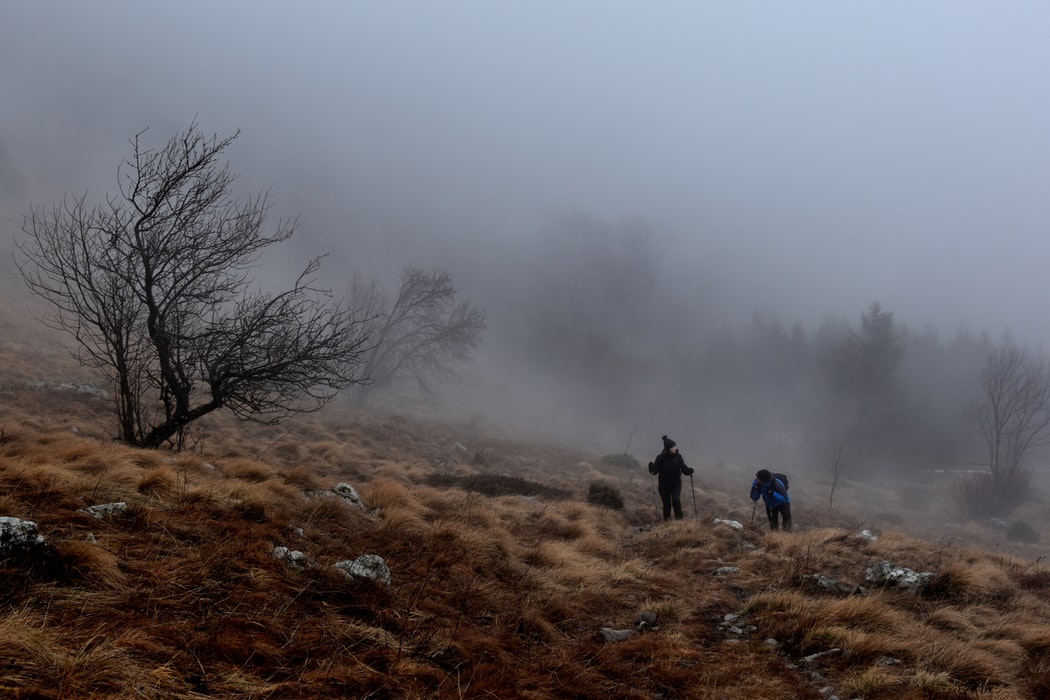
Those who are new to hiking don’t realize that there is a lot to learn about this activity. While everything is necessary, at the top of the list is safety. Several things are factored in for hiking safety.
Age and Hiking
Some may think that it is only the young and fit who can enjoy hiking. There are many seniors who enjoy hiking, and some have done so for many years. They may need to implement a few extra safety precautions, such as:
- Being extra careful of slips and falls. A minor slip may cause no harm to someone who is younger but could be potentially serious for a senior.
- Extra Nutrition: Seniors may need to consume more energy-giving types of foods during their hike.
- Hikes of shorter durations: Some seniors, depending on their health status, may want to participate in hikes of shorter duration.
Standard Safety Tips
Then there are hiking safety tips which apply to every hiker, such as:
- Preparation: Preparing and planning for the hike are crucial for enhancing safety. Part of the planning includes the gathering of important information, such as the trail route and its condition and duration. Getting trail maps and checking the weather conditions.
- Proper packing: Proper packing of the gear is as essential as
 the equipment itself. Important items such as the trail maps and guides should be kept in waterproof bags.
the equipment itself. Important items such as the trail maps and guides should be kept in waterproof bags. - The equipment: All of the equipment needed for the hike is going to play a role in the safety factors. This means having a good understanding of what equipment is required, which will be partially dependent on the conditions of the hike itself.
- Hiking with a friend: A standard safety rule when it comes to hiking is that this should never be done alone. At least one other person should be included. Often hiking is done in groups. It is the group’s responsibility to make sure that they consider all the other hikers. The pace should be no faster than what the slowest hiker can handle.
- First aid: Not only is a first aid kit needed, but each hiker should be trained in basic first aid. This way, they can assist if something arises.
- Informing: No matter how easy or challenging a hike is going to be, someone who is not going on the hike should be informed of specific details. They should be told which trail is going to be used, exactly where it is, and the duration of the hike.
- Timing: Most hikers will be able to gather information about the trail which indicates the estimated timing. This can differ according to various circumstances. It is always wise to plan for the hikers to be able to return before dark.



